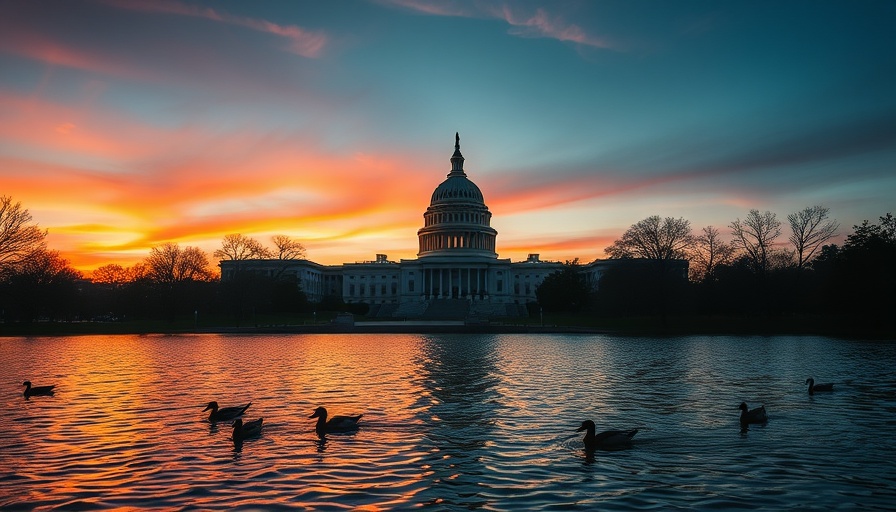
Implications of the 2025 Government Shutdown: What You Need to Know
Washington is in a stalemate as Congress fails to reach an agreement on funding, resulting in the government shutting down for the first time in nearly seven years. This latest impasse—marked by disagreements over health care subsidies—carries profound implications for the American public and the economy.
The Stakes: Economic Fallout for Everyday Americans
The immediate impact of the shutdown is expected to ripple through the economy. Up to 750,000 federal workers are anticipated to be furloughed, with potential mass layoffs on the horizon, as President Trump suggests a more aggressive approach to manage workforce numbers, potentially raising the unemployment rate from 4.3% to about 4.7% in just three weeks.
Historically, government shutdowns have shown a pattern of delayed economic recovery, with significant losses not fully recouped after the fact. The Congressional Budget Office noted that during the unprecedented shutdown of 2018-2019, the economy didn’t recover around $3 billion of the $11 billion that was lost. It remains to be seen how prolonged closures might similarly affect fiscal stability this time around.
Health Care Uncertainty: A Missed Opportunity?
The battleground for negotiations emerged over health care subsidies, critical for ensuring millions can afford insurance under the Affordable Care Act. Democrats argue that the expiration of these subsidies spells disaster for many families, driving up costs immediately. Yet, Republicans have deferred discussions on this urgent issue, trapped in their ideological stances and political posturing.
And while vital services like Medicare and Medicaid may continue to operate, those depending on government assistance will inherently suffer from staffing shortages and delays. Critically, this shutdown comes as the nation faces broader health care crises, further illustrating the disconnect between political maneuvers and the realities that American citizens face daily.
The Ripple Effect on Additional Services
Beyond immediate job losses and health care access, the government shutdown disrupts a myriad of services that countless Americans utilize. From food assistance programs to social security services, the effects will reverberate across communities. Delays in essential services may even lead to unforeseen public safety risks, particularly if national parks are poorly staffed during the shutdown, raising concerns among former park superintendents about public safety.
Public Sentiment: The Long-Term Consequences
As the nation grapples with the fallout from these political actions, public sentiment is likely to shift. Allies in the Democratic base are urging for a firm stance against what they perceive to be Republican obstruction. However, cracks in Democratic solidarity suggest that the negotiations could continue to fracture the party, prompting viewers nationwide to examine the long-term ramifications of a divided Congress on public trust.
As lawmakers scramble for solutions, the question remains: how much longer can the American people sustain the ongoing political theatre at the expense of their livelihoods? As we face this shutdown, the implications stretch far beyond budget lines and into the everyday lives of individuals who rely on government support.
Conclusion
The unfolding government shutdown is a stark reminder of the consequences of political gridlock in a hyper-partisan environment. As discussions on the health care subsidies unfold and economic uncertainties loom, it is crucial for Americans to stay informed and engaged in the political process.
For readers wishing to explore how budget decisions can affect lives, follow the developments closely and engage with your representative to voice your concerns. Ensuring that policymakers understand the ramifications of their decisions is essential to advocating for a healthier future for all.
 Add Row
Add Row  Add
Add 




Write A Comment